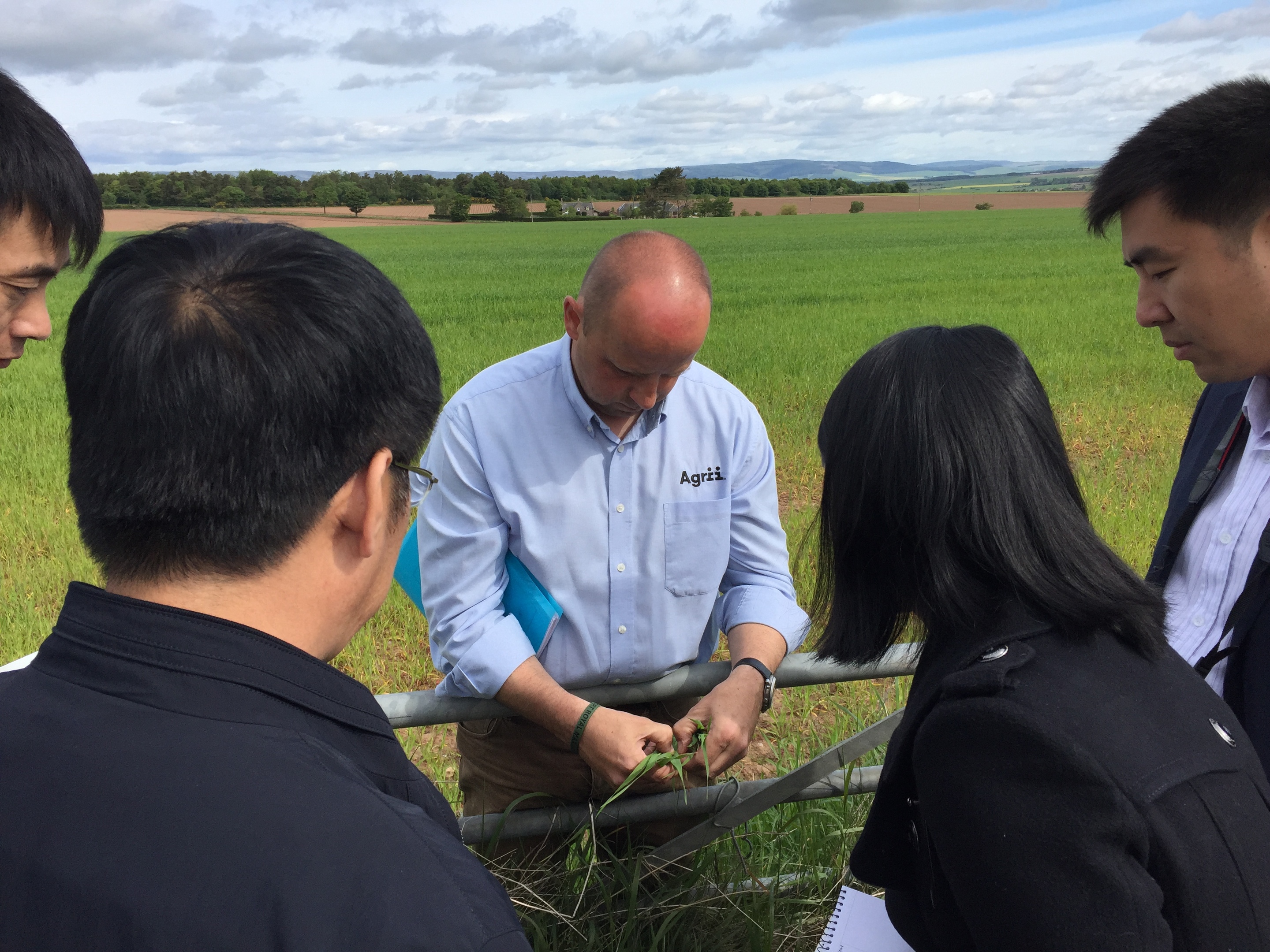UK farmers could soon see shipments of their barley sent to China following the signing of a £20million trade deal.
Defra secretary Liz Truss is set to sign the deal on Friday making the UK one of a handful of countries able to supply China’s 6million tonne a year barley requirement.
Industry estimates suggest the new market could be worth around £20million a year, based on annual export figures of around 150,000 tonnes.
UK levy body organisation AHDB said the deal was the culmination of four years of work to secure the necessary protocol to export barley to China.
This involved visiting farmers, stores and labs in England and Scotland to “walk the chain” from farm to export.
Chief executive officer, Jane King, said: “This deal represents a vast amount of work by AHDB and its partners and a huge opportunity for farmers in the UK. Our staff have worked very hard on levy payers’ behalf to get this protocol off the ground and we look forward to seeing companies making the most of this new market access.”
The deal was welcomed by NFU Scotland who said it was an important development for Scottish growers.
The union’s policy manager, Peter Loggie, said: “With spring barley being Scotland’s biggest crop, having another important market opened up for UK barley is very encouraging. A £20million per year business is certainly a good start – and we would hope to see that trade grow further.
“Scottish growers are appreciative of the effort AHDB Cereals and Oilseeds has put into this although the history of trying to get greater exports of grain, including barley, to China goes back more than 20 years to when Scottish growers Barclay Forrest and George Forbes were chairmen of British Cereals Exports.
“The final chapter in this success story came as a result of an AHDB-hosted visit by Chinese officials who toured the UK, including Scotland, to inspect our barley and our quality assurance schemes. Quality assurance for grain – which began in Scotland with Scottish Quality Cereals (SQC) in the early 1990s – was key to gaining Chinese approval.”
